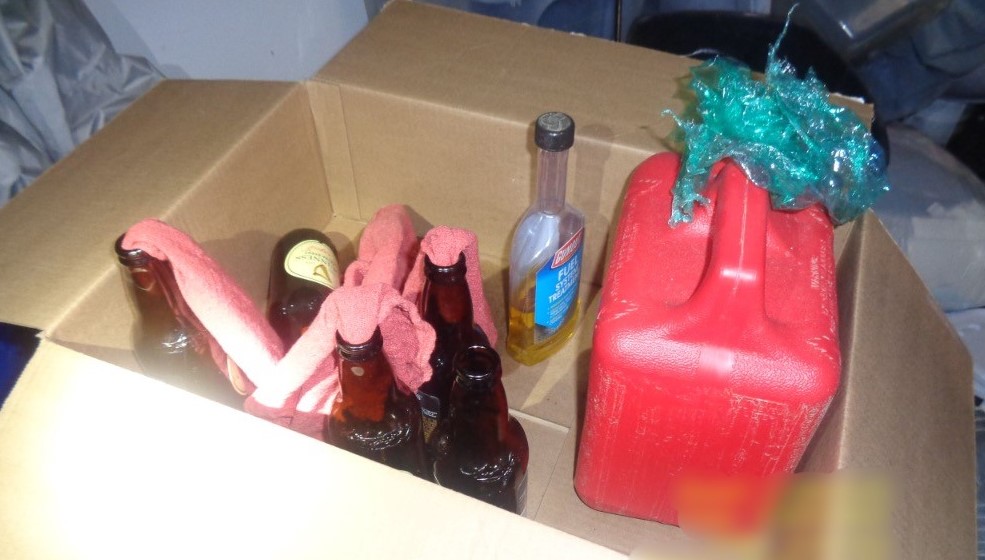
Is war really an art?
More like a craft, let’s say. Like plumbing. Plumbing is good, and we don’t want to live without it. But Monet’s water lilies it is not.
Still and all, politicians — and generals of the army — are forever quoting Sun Tzu’s “The Art of War,” from the 5th century B.C.: “According as circumstances are favorable, one should modify one’s plans.”
“All warfare is based on deception.”
“Hence, when able to attack, we must seem unable; when using our forces, we must seem inactive; when we are near, we must make the enemy believe we are far away; when far away, we must make him believe we are near.”
“Hold out baits to entice the enemy. Feign disorder, and crush him.”
Our newfound friends in Ukraine don’t have to feign the disorder, and heaven knows they are united in their determination to crush the invader Vladimir Putin, whose image is hung in effigy all over their country. Fighters from all over Europe, as well as a few from America, are running toward danger in order to join the fray. Don’t you just know that those brilliant Ukrainian twins who both became officers in the United States Army, Alexander and Yevgeny Vindman, would like to join the fight to save their homeland?
Yevgeny is still a colonel in the Army, so that wouldn’t work. But Alexander was forced to resign when Donald Trump blocked his promotion to colonel after he testified to Congress about Trump’s abuse of power, leading to one of the former president’s impeachments. He’s properly a national hero in two countries. Who knows — maybe he is heading back to Eastern Europe to join the resistance.
Resistance movements always have a romantic air about them, if a bloody version. Thus, an NPR reporter last week who was being given a tour of an impromptu Molotov cocktail factory in Ukraine said the place had the feel of “an artists’ collective,” with a bicycle covered in flowers hanging on the wall.
When she walked in, she told her host that the place smelled like gasoline.
“Yes — do not light cigarette,” he jokingly replied.
I’ve been fascinated by the images of these makeshift bomb factories ever since the war in Ukraine began. Seemingly everyone in Kyiv is collecting empty bottles and taking them to whichever local corner shop is being used to create the highly explosive cocktails that one maker told a journalist are intended to send a simple message to Russian troops who really don’t want to be where they are in the first place: “Go home, or you will die here.”
I had thought there was some irony in the devices being called Molotov, which I had thought was in honor of the famed old Bolshevik and Soviet foreign minister Vyacheslav Molotov, imagining that it was Russian guerilla types who first threw the burning bottles at their foes. But really it was quite the opposite: the term was coined by Finnish freedom fighters who tossed them to blow up Soviet tanks during the Winter War.
What a lousy, simultaneously crazily heartwarming war this is. What a blank, insane look is on Putin’s face as he discovers that Ukraine is not going to roll over for him. What a weird thing this is, to be watching the war unfold on a large television screen as I write here in the comfortable lobby of the Long Beach Hyatt Regency, about to address a seminar of college journalists gathered from around the country. I don’t watch TV news at home. But here it is above me as I eat my lunch. And of course I can’t turn away. The medium is the message. Will the fact that the world can watch his putsch in so-called real time make a difference to Putin? Not sure. But I’d love to throw a Molly his way.
Larry Wilson is on the Southern California News Group editorial board, [email protected]
